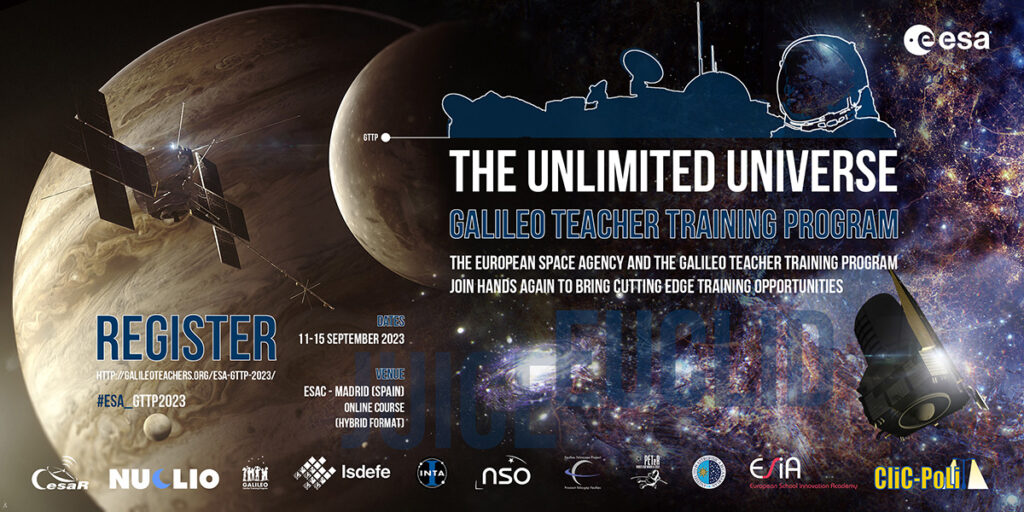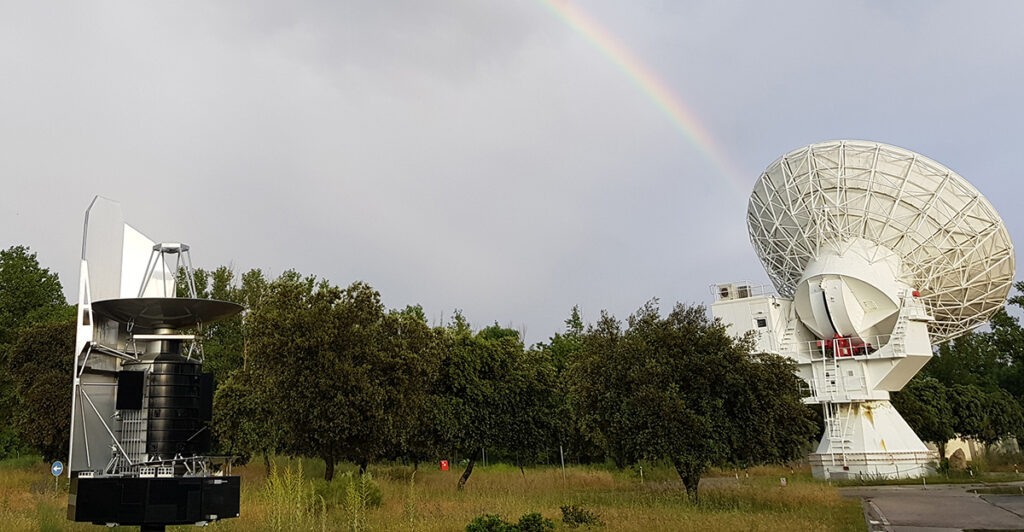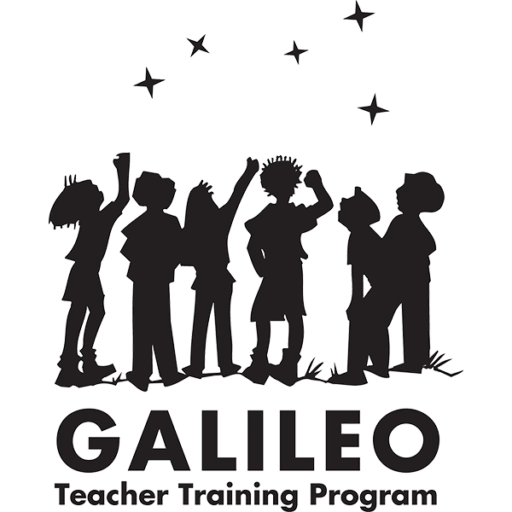Date: 11-15 September 2023 (September 16 optional)
Venue: ESAC, Villafranca del Castillo, Spain.

The CESAR/ESA Team and NUCLIO join hands again to promote their third edition of the ESA-GTTP: ESA-GTTP 2023.
CESAR (Cooperation through Education in Science and Astronomy Research) is a joint educational program developed by the European Space Agency (ESA), the Spanish National Institute for Aerospace Technology (INTA), and Ingeniería de Sistemas para la Defensa de España (ISDEFE). CESAR is based at the European Space Astronomy Center (ESAC), the ESA’s windows to the Universe
In 2023, under the theme “The Unlimited Universe”, ESAC opens their doors to teachers worldwide for an onsite immersion where we will assess the current human limits in the knowledge of the space and the ambition to learn about the next steps. Teachers will learn about ESA and its scientific program, in particular about the cutting-edge missions JUICE, EUCLID and GAIA, and about INTA and its scientific program. Together, those teachers will have the chance to execute hands-on activities with real scientific data from ESASky, the Virtual Observatory, educational telescopes from CESAR, PETeR and Faulkes Telescopes as well as get familiar with Citizen Science projects.
Teachers on site will have the chance to meet space experts and perform special visits to ESA space centers (ESAC and ESA’s Cebreros tracking station) and to the Astrobiology Center (CSIC-INTA-Torrejn) together with an observing night in collaboration with the ESAC Astronomy Club. Participants will also have opportunities to network and to establish a series of research projects in partnership with their colleagues and the scientists supporting the training. Take part in this training course and go back to your school with a research project in your hands.
Those teachers that can not attend on-site will be able to follow the sessions on-line.
Who can apply?
About the School
You can find the detailed program here:
The program is subject to minor changes without previous notice.
Fees & Funding
Registration
Registration for on-site participants is closed.
Registration for online participation reopens on July 10, and will remain open until August 31.
Practical Information
The course venue (at the European Astronomy Center – ESAC) is located in Villafranca del Castillo, 30 km east of Madrid city center: ESAC.
The CESAR Team will only cover the lodging at the hotel El Ancla in Villanueva de la Cañada.
A bus will pick the attendees up in the morning for the lessons and bring them back to the hotel at the end of the sessions.
Participants should provide their details about their lodging request by July 10 to Ana Costa.
Teachers from Madrid are expected to come by themselves (by bus or by car). Details about how to get to ESAC here.
Contacts

Organizers
The training is organized by CESAR and NUCLIO (the coordinator of the Galileo Teacher Training Program), in collaboration with IAC (PETeR project), the Faulkes Telescope Project, the National Schools’ Observatory, ICE-CSIC and in partnership with the European School Innovation Academy (ESIA).
Organizing Committee
- Sandra Benítez Herrera (Co-Director of the School, CESAR)
- Rosa Doran (Co-Director of the School, NUCLIO)
- Beatriz Gonzalez Garcia (CESAR)
- Juan Ángel Vaquerizo (CESAR)
- Gustavo Rojas (NUCLIO)
- Nayra Rodríguez Eugenio (IAC)
- Fraser Lewis (FTP, NSO)
- Teresa Direitinho (NUCLIO)
- Joana Silva (NUCLIO)
- Jorge Rivero (ICE-CSIC & Galileo Mobile)
Technical Secretariat
- Ana Costa (NUCLIO)
- Asunción Casado (CESAR)
Attendance to this training program is certified by the CESAR Team and NUCLIO, within the framework of the Galileo Teachers Training Programme (GTTP).
